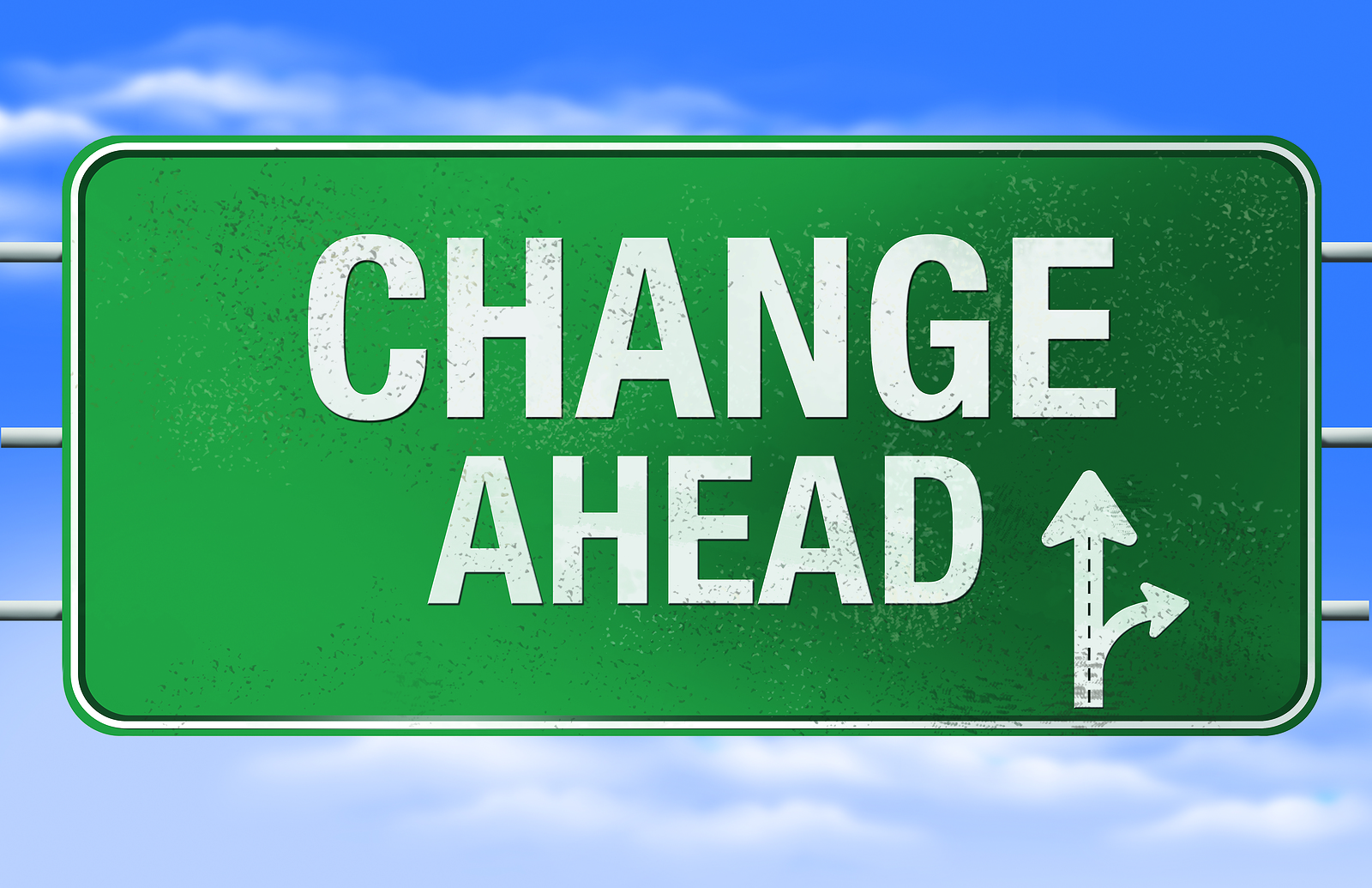 I’ve been really lucky. My mental health problems – depression, anxiety and a little mood disorder for good measure – flared up spectacularly at the start of my doctoral research. I was trying to do a full-time PhD, not really knowing precisely what it was I wanted to look at, and work three days a week in an administrative job. I’d managed to do something similar for my MA, albeit with the assistance of a DSA mentor to help me organise and remain calm, but it turns out that a PhD is not that kind of beast. Cue weeping, wailing meltdown in front of my supervisor. After weeks of turning in what I knew wasn’t the best quality of work (the side effects of little sleep, nightmares when I did sleep, vivid violent day dreams when I was awake, and the complete inability to concentrate), it became clear that change was required. He handled it well. Although clearly uncomfortable with the tear stained woman in front of him, my supervisor was sensitive, without being patronising, and supportive without being pushy. I was lucky.
I’ve been really lucky. My mental health problems – depression, anxiety and a little mood disorder for good measure – flared up spectacularly at the start of my doctoral research. I was trying to do a full-time PhD, not really knowing precisely what it was I wanted to look at, and work three days a week in an administrative job. I’d managed to do something similar for my MA, albeit with the assistance of a DSA mentor to help me organise and remain calm, but it turns out that a PhD is not that kind of beast. Cue weeping, wailing meltdown in front of my supervisor. After weeks of turning in what I knew wasn’t the best quality of work (the side effects of little sleep, nightmares when I did sleep, vivid violent day dreams when I was awake, and the complete inability to concentrate), it became clear that change was required. He handled it well. Although clearly uncomfortable with the tear stained woman in front of him, my supervisor was sensitive, without being patronising, and supportive without being pushy. I was lucky.
 Telling anyone about mental health problems is a nightmare. You are never sure if you’ll be patronised, with the subsequent eternal head cocked to one side, and the hushed question “Are you ok?”; or if you’ll be treated to the ‘what a load of bunk, strap on a pair’ response, the ‘everyone feels like this at the start of their PhD’ (well, yes everyone struggles, but this isn’t quite, or really not at all, the same!); or maybe a little understanding. I had to tell my supervisor. It was quite clear that I wasn’t handling things, and I needed some time out. That meant the head of school had to be told, so that all of the forms could be signed. That meant administrative staff I have never met, and some that I have met, also knew. But you know what? I’m over it.
Telling anyone about mental health problems is a nightmare. You are never sure if you’ll be patronised, with the subsequent eternal head cocked to one side, and the hushed question “Are you ok?”; or if you’ll be treated to the ‘what a load of bunk, strap on a pair’ response, the ‘everyone feels like this at the start of their PhD’ (well, yes everyone struggles, but this isn’t quite, or really not at all, the same!); or maybe a little understanding. I had to tell my supervisor. It was quite clear that I wasn’t handling things, and I needed some time out. That meant the head of school had to be told, so that all of the forms could be signed. That meant administrative staff I have never met, and some that I have met, also knew. But you know what? I’m over it.
In a way, I am proud of making it back into my PhD after that period. I am proud of having the determination to come back into my department and continue to function as a ‘normal’ (what is that?!) PhD student. I teach, I help students with study skills, I am a research assistant, but now my PhD is part-time. There are days (yesterday for example) where, no matter what therapy and no matter what medication, I just want to stare at the blank wall, and nothing happens. I beat myself up for having those days. There are times when it is harder to hid. When I first started teaching my anxiety would become so bad that I vomited before and after each class. This was despite the fact I really enjoy teaching, and despite the fact that I feel relatively comfortable at the front of a class. It felt unbearable at the time. But I’m still here, I’m still doing it (the teaching, not the vomiting!).
 One of the hardest things to get past is the fear. The fear, firstly, of people knowing, and secondly of the flare-ups making life unbearable again. The first I have countered somewhat head on. Without impressing my personal story on others, I have used social media to flag up mental health provision at the university, to highlight stories relating to mental health, in academia and outside of it. I know I am not the only one who struggles. One of these days I want to raise money for the charity which has helped me with my long term therapy, and which has, without a doubt, saved my life. I’m not quite ready for that yet, but I hope that it will come.
One of the hardest things to get past is the fear. The fear, firstly, of people knowing, and secondly of the flare-ups making life unbearable again. The first I have countered somewhat head on. Without impressing my personal story on others, I have used social media to flag up mental health provision at the university, to highlight stories relating to mental health, in academia and outside of it. I know I am not the only one who struggles. One of these days I want to raise money for the charity which has helped me with my long term therapy, and which has, without a doubt, saved my life. I’m not quite ready for that yet, but I hope that it will come.
Fearing the flare-ups is a little harder. Having experienced bouts of depression every couple of years, for the last decade, I think it’s likely that there is another somewhere around the corner. I tend to freak out if I have a wobbly day or two. I tend to blow the feelings out of proportion. I fear that big black pit where the idea of showering is too much, the idea of deciding to eat cereal or toast is entirely overwhelming, and the knowledge that I am likely to just throw it up again doesn’t help either. Try writing an essay when the choice of pen feels like the most incredible, terrifying life decision.
 If I have a tough supervisory meeting, or even if it’s positive but overwhelming, I can feel like I am starting a spiral. But I’m learning, and I think that’s all you can ever do. I am learning to let myself have a little cry, go to bed early that night, and get up the next day with a new face on. I am learning that, on days when nothing is happening in my head, it’s ok. In fact it is necessary to push for a while and then to find something else to do, be it washing up, ironing, walking the dog. Something – anything – else that can feel like a tiny tick on my to do list when the things I really wanted to do felt impossible.
If I have a tough supervisory meeting, or even if it’s positive but overwhelming, I can feel like I am starting a spiral. But I’m learning, and I think that’s all you can ever do. I am learning to let myself have a little cry, go to bed early that night, and get up the next day with a new face on. I am learning that, on days when nothing is happening in my head, it’s ok. In fact it is necessary to push for a while and then to find something else to do, be it washing up, ironing, walking the dog. Something – anything – else that can feel like a tiny tick on my to do list when the things I really wanted to do felt impossible.
I have been lucky with institutional support. I don’t doubt that there may be times ahead when I will ask for it again. I am nervous about what this knowledge means for my progress post-PhD, but I have to cross one bridge at a time. Without that initial sharing and support I wouldn’t still be doing a PhD, I still might not be functioning at all. I don’t think everyone needs to know, but I don’t think I will be the only one of my cohort struggling with these issues. I hope I can continue to try to normalise mental health support for those who need it, look after myself as best I can, and hopefully make it out the other side of this project in one piece. Everything else can wait.